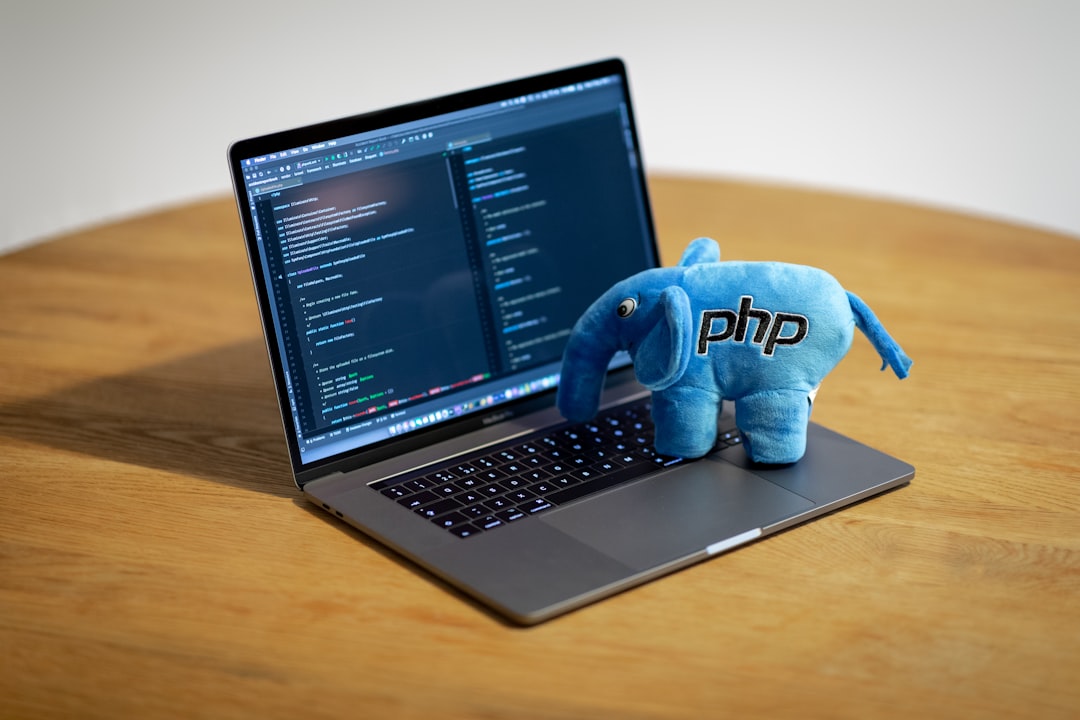
Mastering Coding Languages: A Comprehensive Guide for Beginners
In today’s digital world, mastering coding languages is essential for anyone looking to thrive in technology. Whether you’re aiming for a career in software development, data analysis, or web design, understanding coding languages is crucial. This comprehensive guide is tailored for beginners who aspire to navigate the coding landscape with confidence and expertise.
Understanding Coding Languages
Coding languages are the building blocks of software applications and web development. They allow developers to communicate with computers and create programs that perform specific tasks. Some of the most popular coding languages include:
- Python: Known for its simplicity and readability, Python is an excellent choice for beginners. It is widely used in data science, web development, and automation.
- JavaScript: A fundamental language for web development, JavaScript enables interactive web pages and is a must-know for front-end developers.
- Java: Renowned for its portability, Java is extensively used in enterprise environments and Android app development.
- C++: A versatile language used in system software, game development, and performance-critical applications.
Choosing the Right Language
When starting your coding journey, choosing the right language can feel overwhelming. Consider your goals:
- If you’re interested in data science, start with Python.
- For web development, focus on HTML, CSS, and JavaScript.
- If you want to delve into mobile apps, explore Java for Android or Swift for iOS.
Selecting a language that aligns with your interests will keep you motivated and engaged.
Learning Resources
To master coding languages, you’ll need a variety of resources at your disposal. Here are some recommended tools and platforms:
Online Courses
- Codecademy: Offers interactive coding lessons across various languages.
- Coursera: Features courses from renowned universities covering multiple programming languages.
- edX: Provides free courses on programming fundamentals and advanced topics.
Books
- “Automate the Boring Stuff with Python” by Al Sweigart: A practical guide to learning Python through real-world applications.
- “You Don’t Know JS” by Kyle Simpson: A deep dive into JavaScript, ideal for understanding the language’s intricacies.
Communities and Forums
Engage with fellow learners and professionals on platforms like:
- Stack Overflow: A question-and-answer site for programmers.
- GitHub: A platform for collaboration and showcasing your coding projects.
Practical Applications
The best way to solidify your coding skills is through hands-on practice. Start by working on small projects that interest you. Here are some ideas:
- Build a Personal Website: Use HTML, CSS, and JavaScript to create your online portfolio. This project helps you understand web development fundamentals.
- Create a Simple Game: Use Python or JavaScript to develop a basic game. This helps enhance your problem-solving and coding skills.
Current Trends in Coding Languages
As technology evolves, so do coding languages. Here are some emerging trends:
- Low-Code/No-Code Platforms: These tools allow users to create applications with minimal coding knowledge, democratizing software development.
- Artificial Intelligence and Machine Learning: Languages like Python are increasingly used in AI development, making it a valuable skill in the job market.
Expert Opinions
According to industry experts, mastery in coding languages goes beyond just syntax. It involves understanding algorithms, data structures, and system design. As noted by software engineer Linda Liukas, “Programming teaches you how to think. It’s not just about writing code; it’s about problem-solving.”
Glossary of Terms
- Algorithm: A step-by-step procedure for calculations or problem-solving.
- Data Structure: A way of organizing data to enable efficient access and modification.
- Framework: A set of tools and libraries that help developers build applications more efficiently.
Conclusion
Mastering coding languages is a journey that requires patience, practice, and persistence. By choosing the right language, utilizing available resources, and engaging in practical applications, you can develop the skills necessary to succeed in the tech industry.
For further reading, you might explore these resources:
- W3Schools: A comprehensive guide for web development.
- Kaggle: A platform for data science projects and competitions.
As you embark on your coding journey, remember to share your experiences and insights with others. Consider subscribing to newsletters or following coding blogs to stay updated on trends and tips. Happy coding!


